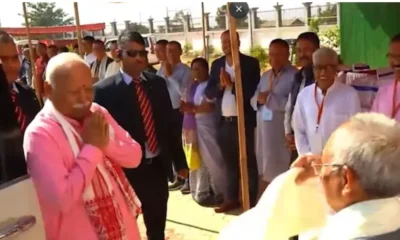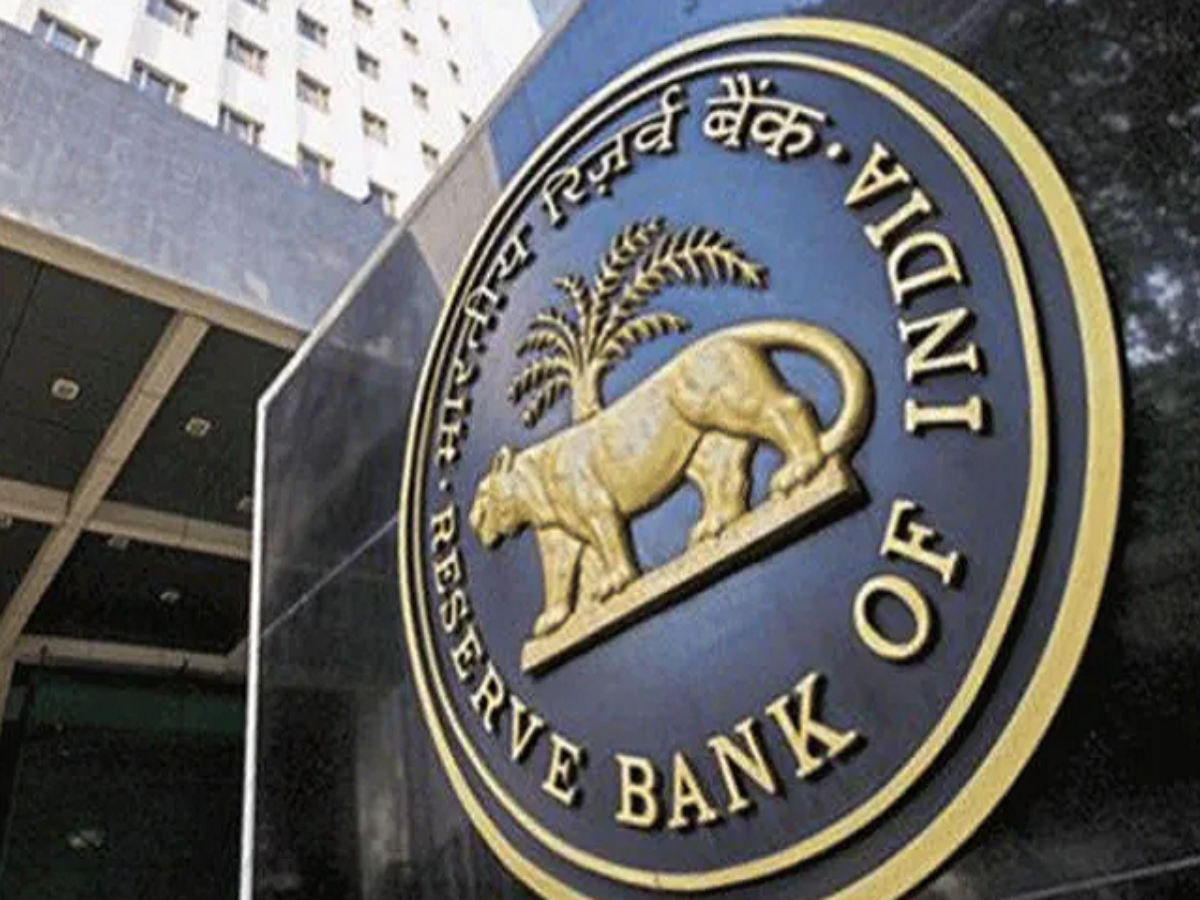The Modi government on Tuesday, August 7, appointed S Gurumurthy – the editor of Thuglak and a chartered accountant who is also convener of the Swadeshi Jagran Manch (SJM), an outfit affiliated to the right-wing Rashtriya Swayamsevak Sangh (RSS) – to the board of the Reserve Bank of India.
The Centre also approved the appointment of Satish Marathe, a banking industry executive with decades of experience, founder of Sahakar Bharati, an NGO that works to support cooperatives and a former member of RSS and BJP’s student wing Akhil Bharatiya Vidyarthi Parishad (ABVP), to the RBI’s board.
Both Marathe and Gururmurthy will serve as “part-time non-official directors” on the RBI’s central board and will have a four-year term.
“The Appointments Committee Of The Cabinet has approved the proposal of the Department of Financial Services for the appointment of Shri Swaminathan Gurumurthy, as part-time non-official director on the Central Board of the Reserve Bank of India under Section 8(1)(c) of the RBI Act 1934, for a period of four years from the date of notification of the appointment…,” said the government notification.
The RBI board has official and non-official directors. Officials directors include the RBI’s governor and not more than four deputy governors. Non-official directors are appointed by the government, with the RBI Act allowing for up to ten directors to be nominated.
Generally speaking, in the past, non-official directors have included people without publicly-declared political leanings, said media reports. The appointment of non-official directors usually include well-known economists, experts, captains of industry in addition to two government officials.
The candidates appointed in the present case, however, have clear political leanings. While Gurumurthy is an economist, chartered accountant and a longtime commentator on economic and political affairs, he is also a prominent supporter of the current BJP government at the Centre and of Prime Minister Narendra Modi.
Marathe, on the other hand, has had stints at Bank of India, the United Western Bank Ltd, Janakalyan Sahakari Bank among others over the last 20 years and is the founder of Sahakar Bharati, an NGO that works to support cooperatives. His focus and experience has been on cooperative banks and their impact on the rural and agricultural sector.
In his younger days, Marathe was associated with the right-wing ABVP, a large pan-India student organisation that is affiliated to the RSS. According to media reports, he served as the ABVP’s treasurer for four years.
Gurumurthy is part of a small group of swadeshi economics thinkers whose views are given considerable importance by Modi and key finance ministry bureaucrat Hasmukh Adhia, reported The Wire. These proponents of ‘economic nationalism’ are generally opposed to foreign capital and businesses and instead believe that India’s 50-million small and medium businesses can create jobs and transform the Indian economy.
Gurmurthy is believed to have played an important role in suggesting and supporting the Modi government’s demonetisation move, its MUDRA scheme and the Niti Aayog’s position of focusing on a “Bharatiya approach to development”.
India Today magazine ranked him at number 30 in India’s 50 Most powerful people of 2017 list. S Gurumurthy has never contested any election so far.
S Gurumurthy is also said to have advocated the replacement of the Planning Commission with a new body, like the NITI Aayog favouring an Indian approach to development, according to a report in The Indian Express.
After reportedly providing consultation on demonetisation before it happened, Gurumurthy defended the move, calling it a much-needed attack on excessive liquidity and a “fundamental corrective to the economy”, The Wire report said.
In his long career, Gurumurthy has written and spoken on monetary policy, jobs, RBI and such macro-economic issues, including why Raghuram Rajan was not given a second term.
In September 2017, he criticised the Central bank’s provisioning norms, noting that it did not take into account “non-convertibility, no foreign investments in banks, govt ownership and 30% deposits being in government securities”. He lashed out at RBI, noting that it was “agenda-driven” and trying to destroy Indian business.
The RBI’s central board is not normally a decision-making body and instead serves as a forum or venue for discussion. However, it does serve as a platform for important public-facing decisions such as demonetisation or a move to change the central bank’s dividend policy.
Other policy decisions, such as interest rate cuts, are handled by the separate monetary policy committee.
With these appointments, the Modi government has filled its quota of ten directors to RBI’s board.


 Latest world news13 hours ago
Latest world news13 hours ago
 Latest world news13 hours ago
Latest world news13 hours ago
 Latest world news12 hours ago
Latest world news12 hours ago
 India News12 hours ago
India News12 hours ago
 India News4 hours ago
India News4 hours ago
 Latest world news3 hours ago
Latest world news3 hours ago










